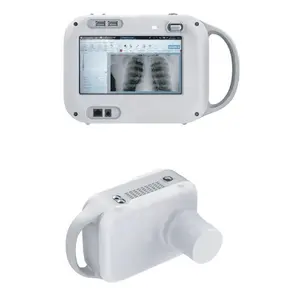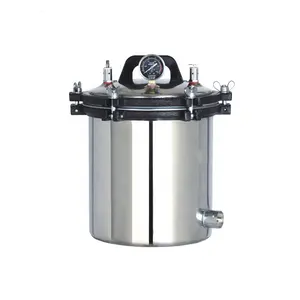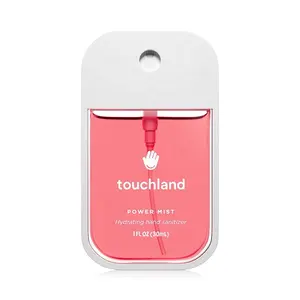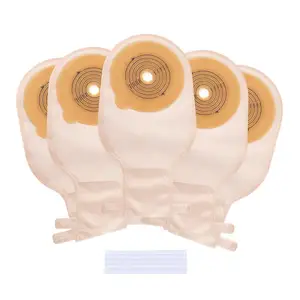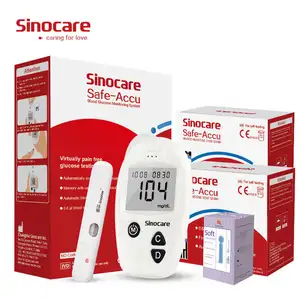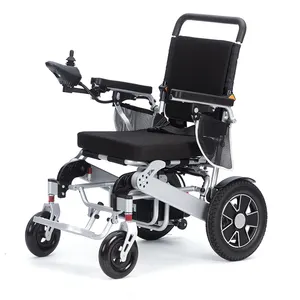Popular in your industry


































































Related Searches:




































































































































Top categories
About push cart hospital
Essential Utility of Hospital Push Carts
Hospital push carts are an indispensable part of healthcare infrastructure, serving a multitude of functions to support patient care and facility operations. These carts facilitate the transportation of medical supplies, medications, and laundry, thereby enhancing the efficiency of hospital services.
Types and Applications of Hospital Push Carts
Medical supply trolleys are tailored for the organized distribution of medicines and medical tools, ensuring that healthcare providers have easy access to necessary items. Hospital service carts are versatile units designed for general transport needs within the facility. For handling soiled linens, hospital laundry trolleys are specifically constructed to manage the high volume of laundry generated in patient care areas. In critical care scenarios, emergency trolleys are equipped with features that allow for rapid adjustment and access to life-saving equipment and medications.
Design Features and Materials
The design of hospital utility carts emphasizes maneuverability and ease of use, with ergonomic handles and smooth-rolling casters. Materials such as stainless steel or high-impact plastics are commonly used for their durability and ease of cleaning, which is crucial in maintaining hospital hygiene standards.
Advantages of Using Hospital Push Carts
The strategic use of hospital transport trolleys can significantly reduce the physical strain on staff, streamline patient care routines, and improve the overall workflow. The adaptability of folding stretcher trolleys offers space-saving solutions when not in use, while still providing quick deployment when needed. Ambulance stretcher trolleys are designed for stability and patient comfort during transport to and from ambulances.
Selection Considerations
When selecting hospital push carts, considerations should include the specific needs of the department, the weight capacity required, and the ease of maintenance. It is important to choose carts that are designed with user-friendly features and robust construction to withstand the daily demands of a busy hospital environment.
Conclusion
In conclusion, hospital push carts are a critical component in the delivery of efficient and effective healthcare. Their versatility and functionality make them a valuable asset in any medical setting. Facilities looking to enhance their operational capacity will find a comprehensive selection of push cart options to meet their specific requirements.
